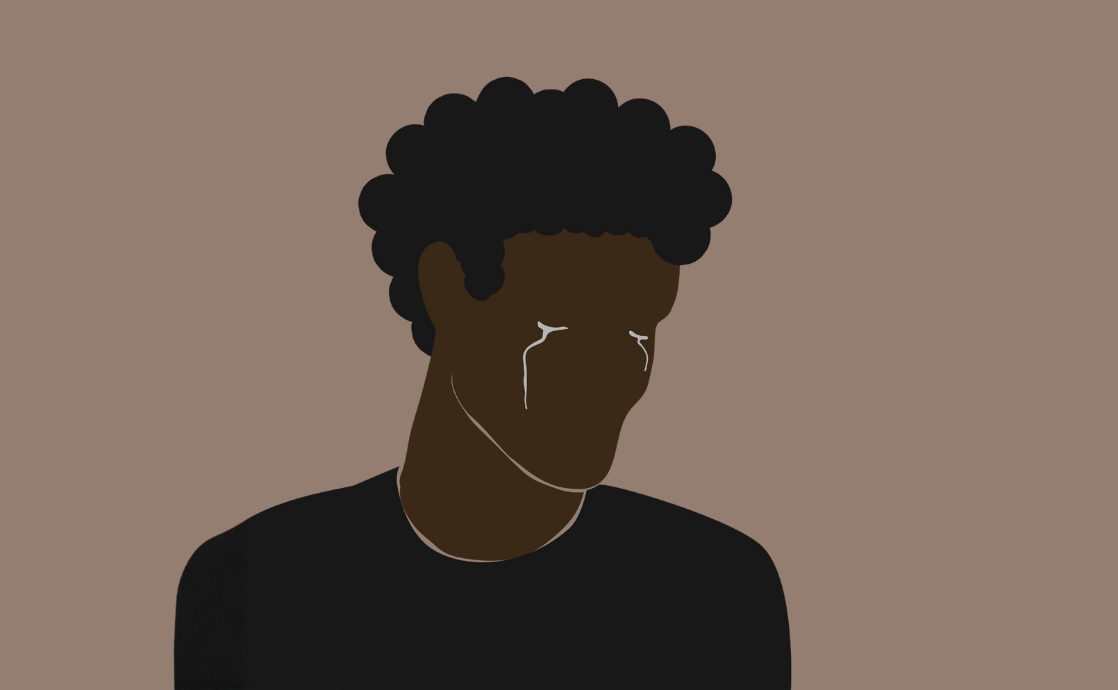The views expressed in our content reflect individual perspectives and do not represent the authoritative views of the Baha'i Faith.
I don’t know when I became curious about the purpose of suffering.
Most likely a slow process eased its way into my awareness as I aged, and I started to question why my challenges created such discord within me. Although numerous resources can help explain such things, the one that first caught my attention came from The Hidden Words by Baha’u’llah:
Out of the wastes of nothingness, with the clay of My command I made thee to appear, and have ordained for thy training every atom in existence and the essence of all created things… – The Hidden Words, p. 32.
The word “training” has many levels of implication:
To teach a particular job or activity
To prepare yourself/somebody for a particular activity
To develop a natural ability or quality so that it improves
To make a plant grow in a particular direction
To be taught, prepared, developed and shown how to grow with “every atom in existence and the essence of all created things” is a concept that I find completely and utterly fascinating.
The quote does not say training comes from only “good” atoms and essences. Nor does it exclude the atoms I am composed of, and the essence of who I am. This all boils down to me becoming conscious of the fact that I am an integral part of what exists–as is every other human being, and the rest of creation, too.
From this perspective, I see training as the limitless exchanges an individual has internally and externally; between themselves and someone or something else; both tangible and intangible. All of these exchanges exist on a spectrum from the onerous and downright horrendous to the excellent and wonderful, each varying in level of intensity and complexity from low to high, as well as in length of time from nanoseconds to years.
Because each of us knows our own self far better than anyone else can, how we experience every aspect of our training can only be determined by the person experiencing them. There are billions of people on this planet, and what proves difficult for one person to cope with may not be difficult for someone else:
…on this dusty earth all humankind are suffering… And if a human life, with its spiritual being, were limited to this earthly span, then what would be the harvest of creation? Indeed, what would be the effects and the outcomes of Divinity Itself? Were such a notion true, then all created things, all contingent realities, and this whole world of being — all would be meaningless. God forbid that one should hold to such a fiction and gross error. – Abdu’l-Baha, Selections from the Writings of Abdu’l-Baha, p. 184.
When something makes you suffer, creates unhappiness or causes internal struggle, it is empowering to believe that:
God hath never burdened any soul beyond its power. – Baha’u’llah, Gleanings from the Writings of Baha’u’llah, p. 106.
Because I believe that reassuring truth, my perspective has changed from one of bemoaning trials, tribulations, tests and suffering to an increasing acceptance of them–because “every atom in existence and the essence of all created things “ are for our training.
I now try to see my suffering and troubles as a means for cultivation of self, the fine-tuning of character and virtues. In the same way, I hope that our collective suffering has meaning, and will eventually lead humanity to the point that our training will no longer involve war, hunger, poverty and other such man-made difficulties:
God alone ordereth all things and is all-powerful. Why then does He send trials to His servants?
The trials of man are of two kinds. (a) The consequences of his own actions. If a man eats too much, he ruins his digestion; if he takes poison he becomes ill or dies. If a person gambles he will lose his money; if he drinks too much he will lose his equilibrium. All these sufferings are caused by the man himself, it is quite clear therefore that certain sorrows are the result of our own deeds. (b) Other sufferings there are, which come upon the Faithful of God. Consider the great sorrows endured by Christ and by His apostles!
Those who suffer most, attain to the greatest perfection… Men who suffer not, attain no perfection. The plant most pruned by the gardeners is that one which, when the summer comes, will have the most beautiful blossoms and the most abundant fruit.
The laborer cuts up the earth with his plough, and from that earth comes the rich and plentiful harvest. The more a man is chastened, the greater is the harvest of spiritual virtues shown forth by him. – Abdu’l-Baha, Paris Talks, p. 49.

















Comments
Sign in or create an account
Continue with Googleor